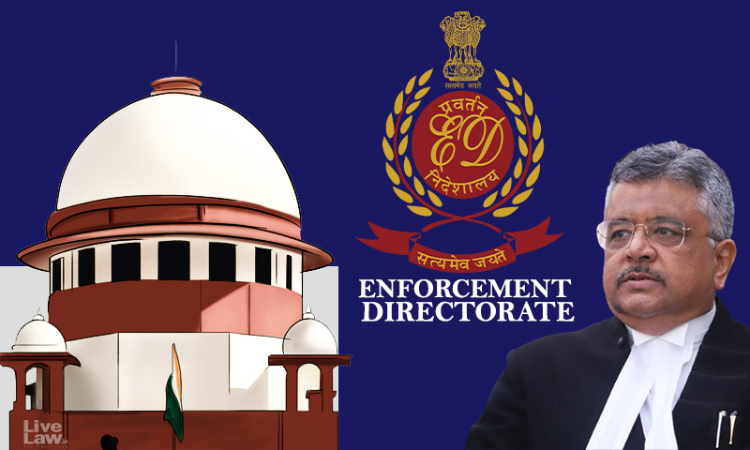Only 313 Arrests Under PMLA In 20 Years; Strict Safeguards Are There : Solicitor General Tells Supreme Court
Mehal Jain
23 Feb 2022 9:23 PM IST

Next Story
23 Feb 2022 9:23 PM IST
Solicitor General of India Tushar Mehta on Wednesday urged that in view of the international conventions for tackling money laundering to which India is party, the consequent 'peer reviews' and the implications of non-compliance, the Supreme Court perhaps may not want to apply while deciding the validity of the PMLA the traditional standards which it employs in analysing the constitutionality...
